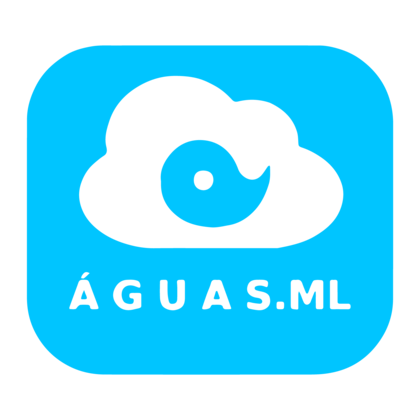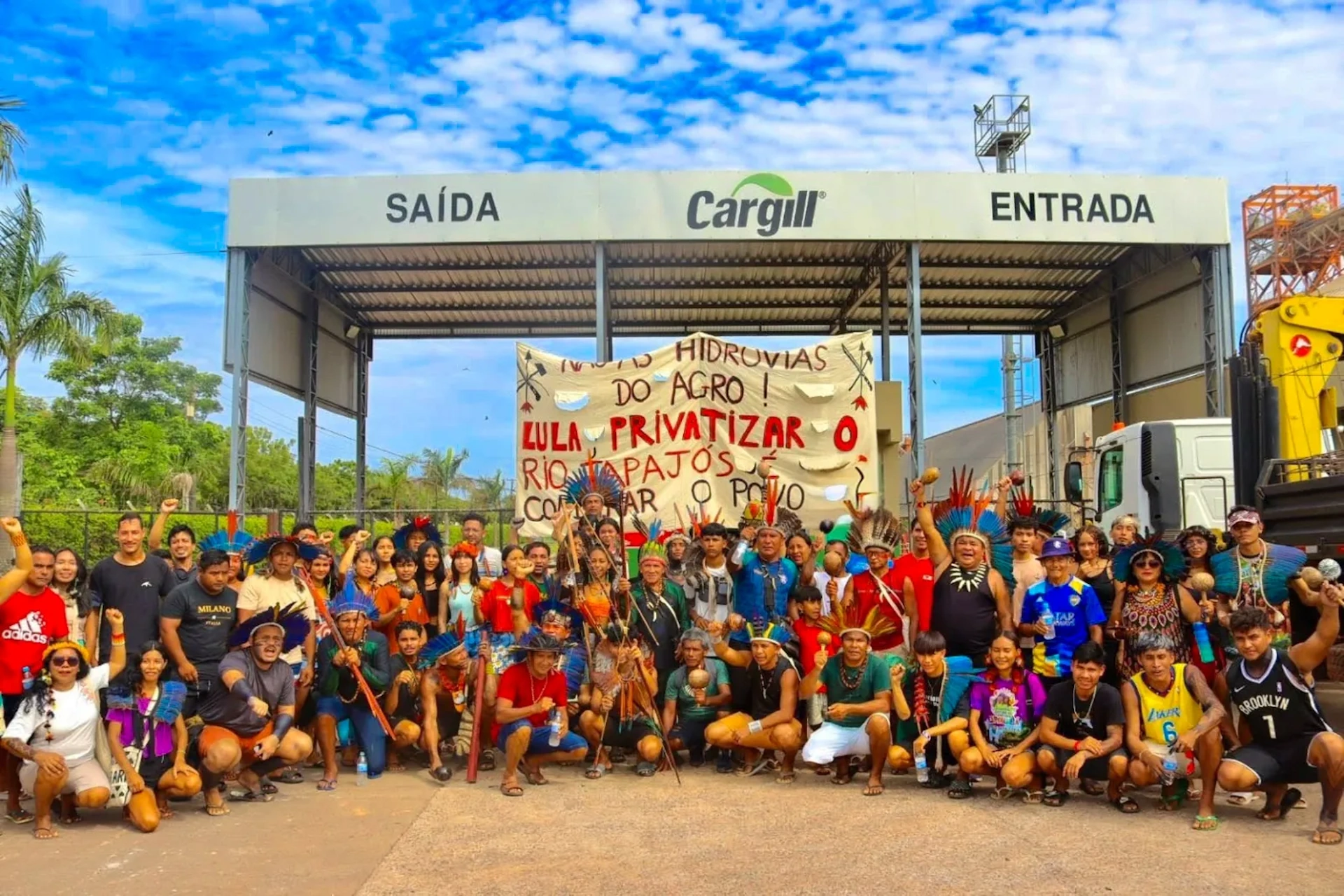By the end of 2019, Maria Lúcia Machado, a 67 year-old transsexual woman, was making plans to start a new job in the food sector in the following year. Last December, she and 23 colleagues, including transsexual men and women, graduated from the first course of professional development promoted in the city of Rio de Janeiro by the Cozinha & Voz (Kitchen & Voice), which is a project that provides professional training for kitchen assistants and addresses the employability of vulnerable population groups.
“The course was great and I was planning to find a job in a restaurant or in a hotel, as receptionist. This is my dream and I felt that I had improved my skills after the course”, said Maria Lúcia.
The year 2020 has come, bringing with it the COVID-19 pandemic and its intertwined impacts on health, society and the world of work. The ILO estimates that more than four out of five people (81 per cent) in the global workforce of 3.3 billion are currently affected by full or partial workplace closures. Hotels and catering are among the hardest-hit sectors worldwide.
As the pandemic evolves and social distance measures are implemented throughout Brazil, what can one do while life does not get back into a routine and employment opportunities become even more limited? Studying can be a way of dealing with loneliness and increasing the chances of finding a job amid the pandemic.
Seeking to ensure continuous training and capacity building, the ILO in Brazil and the Federal Labour Prosecutor´s Office (MPT), partners in the Cozinha & Voz project, developed a contingency plan to guarantee students ‘professional development with an innovative method comprising online classes taught via video conferencing tool and online chats.
“Up to now, this Project has never been done in this format. It´s a great challenge for us to do courses online that require such a high level of direct attention to students. ”, said Thaís Faria, ILO Technical Officer for Fundamental Principles and Rights at Work.
“If we achieve good results, we could use this format to reach people in remote parts of the country, so that they participate remotely in the Cozinha & Voz course”.
That was how on Monday, 20 April, Maria Lúcia reunited herself with her classmates of the kitchen assistant course, by simply using a cell phone to get to the virtual classroom.
“Out of sudden everything has changed. People are farther apart, but closer together, and that´s what matters. On behalf of all of us, I would like to say thank you, because it´s very important for us to feel valued as human beings. To try more easily to find our place in society ”, said Maria Lúcia.
In all, a gender-balanced class of 50 students from the Brazilian states of Goias, Rio de Janeiro, Rondônia and São Paulo are participating in the weekly online classes for the next four months. The curriculum features lectures, debates and daily classes in music, poetry, and dance, gastronomy workshops, guidance on how to write a curriculum, talks by specialists from different areas on topics such as discrimination and rights in the workplace, among others.
Psychologists will provide support to those participants who request it, thanks to an established partnership. In addition, each participant will receive monthly a scholarship of BRL 500 (USD 98,74) during the course, so that they can join the classes and remain protected in their homes.
“The financial support is essential so that the students can dedicate themselves to the course with more tranquillity, while remaining safe and respecting the containment measures.”, explained Thaís Faria.
In the face-to-face modality, Cozinha & Voz is structured upon two components. The “Kitchen” component is delivered under technical coordination of the Argentine chef Paola Carosella with the support of Neide Rigo and Fernanda Cunha. The “Voice” component is coordinated by the actress and poet Elisa Lucinda and by the actress and director Geovana Pires, members of the Casa Poema institute. This component consists of workshops, in which students, through poetry, learn how to better communicate at work and in life.
The two-month course consists of nine lessons on basic skills required to work in a restaurant. The project also mobilizes companies to support the employability of graduates, one of the most difficult phases, since even in a sector that needs new entrants, such opportunities are often hard to find. Thus, the participation of companies in the project is essential.
From the classroom to the living room – Just like Maria Lúcia, most students have never used a cell phone before to access a digital platform to study online or participate in meetings. Therefore, the atmosphere at Cozinha & Voz´ inaugural virtual class was full of expectations, curiosity and digital inclusion.
“It’s been a very interesting and different thing because I had never use distance learning methods to study. It is an honour for me to participate in a renowned course such as Cozinha & Voz. ” said Larissa Raniel Pinto, live from the living room of her home in São Paulo.
The Project General Coordinator, Geovana Pires, said ongoing adaptation and commitment are essential. “All of us will have to be vigilant during the project to understand how this new way of interacting works and we will need to adapt it throughout these four months of the course,” she said.
Representatives of the MPT also joined the virtual class. “We´ve been working in this project for a long time and it´s an honour for me to participate in this class and have a closer contact will the students” said deputy Attorney General of Labour, Sandra Lia Simon.
Labour Attorney of the state of Sao Paulo and manager of the LGBTQI + population employability project, Sofia Vilela said that Cozinha&Voz promotes the employability of the group and give them “opportunity and a voice”.
From São Paulo to Brazil – In 2017, Cozinha & Voz course started in the city of São Paulo, with a class of 25 transsexual men and women. In the following years, the project reached other cities throughout the country.
In each city and with each group, specific activities and courses are organized, such as discussion tables on legislation, health, labour rights, and classes in dance, art, music, photography, among others. The courses are supported by employers’ organizations such as Brazil`s National Confederation of Industry (CNI) and the National Confederation of Commerce of Goods, Service, and Tourism (CNC).
Since its launch, Cozinha & Voz has trained more than 314 people as kitchen assistants. Currently, 70% of those are employed in companies or established their own businesses in the gastronomy sector.
Fonte
O post “From the classroom to the living room: online classes ensure ongoing professional development for vulnerable groups amid the pandemic in Brazil” foi publicado em 27th maio 2020 e pode ser visto originalmente diretamente na fonte ONU Brasil


